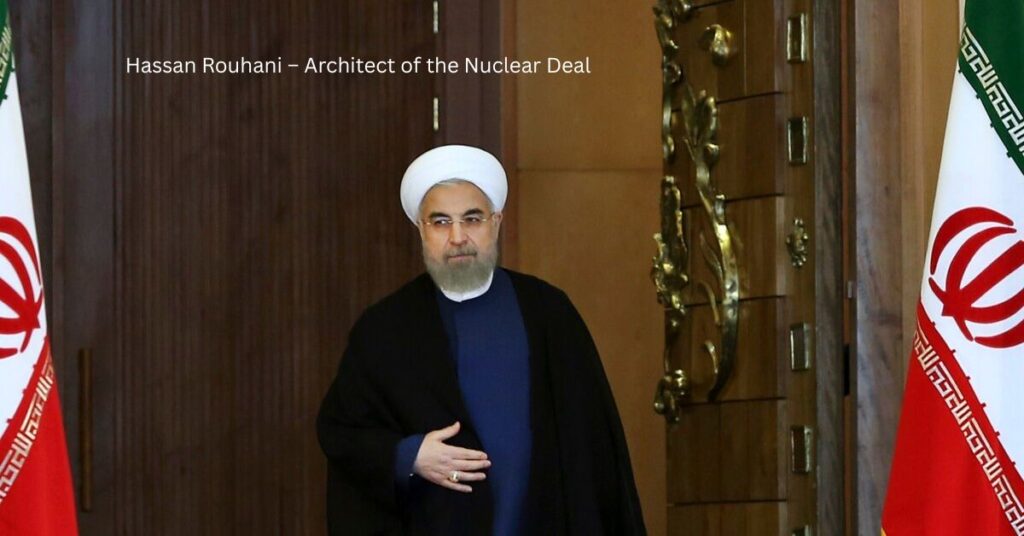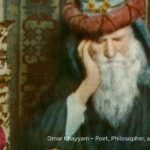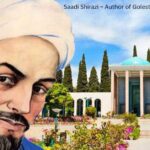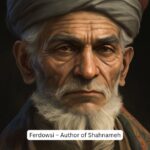Hassan Rouhani, the seventh President of Iran, is often remembered as the central figure behind Iran’s most significant diplomatic breakthrough of the 21st century—the Iran Nuclear Deal, formally known as the Joint Comprehensive Plan of Action (JCPOA). His presidency (2013–2021) was marked by efforts to reduce Iran’s international isolation, stabilize its economy, and restore the nation’s engagement with the global community. Often described as a pragmatic moderate, Rouhani’s leadership blended negotiation skills with a vision of coexistence, which earned him recognition as the architect of the nuclear accord.
Early Life and Political Career
Born on November 12, 1948, in Sorkheh, Iran, Hassan Rouhani pursued religious studies in Qom while simultaneously earning degrees in law and later a PhD in Constitutional Law from Glasgow Caledonian University in Scotland. His early political activism began during the opposition to Shah Mohammad Reza Pahlavi, and after the 1979 Islamic Revolution, he quickly rose through Iran’s political ranks.
Rouhani held multiple key positions, including as a member of parliament, deputy speaker, and later as Secretary of the Supreme National Security Council. It was during his tenure in the security council that he first became deeply involved in Iran’s nuclear negotiations in the early 2000s.
Rise to the Presidency
Hassan Rouhani was elected President of Iran in 2013, riding on a wave of promises to improve the economy and ease tensions with the West. Iran was facing harsh sanctions due to its nuclear program, crippling its oil exports and banking sector. Rouhani’s campaign message of moderation, diplomacy, and “prudence and hope” resonated with voters who sought relief from economic hardships.
The Nuclear Deal Negotiations
Rouhani’s most defining achievement came in 2015 with the signing of the Joint Comprehensive Plan of Action (JCPOA). Working closely with Foreign Minister Mohammad Javad Zarif, Rouhani’s administration engaged in extensive negotiations with the P5+1 powers (United States, United Kingdom, France, Russia, China, and Germany).
The agreement centered on Iran limiting its nuclear program in exchange for the lifting of international sanctions. Under the deal:
- Iran agreed to reduce its uranium enrichment capacity.
- The country consented to strict international inspections by the IAEA.
- In return, Iran gained relief from crippling economic sanctions.
The nuclear accord was hailed globally as a milestone in diplomacy, preventing potential conflict while opening doors for Iran to reconnect with international markets.
Domestic and International Reactions
While Rouhani was celebrated abroad as a skilled negotiator, his domestic reception was mixed. Supporters praised him for easing sanctions and improving economic prospects, but critics argued that the deal compromised Iran’s sovereignty and failed to deliver long-term economic stability.
Internationally, the JCPOA initially improved Iran’s image, but its fate became uncertain in 2018, when U.S. President Donald Trump unilaterally withdrew from the agreement. This withdrawal reignited tensions and weakened Rouhani’s domestic standing, despite his continued efforts to keep the deal alive with European and Asian partners.
Legacy of Hassan Rouhani
Hassan Rouhani’s legacy is inseparable from the nuclear deal. Though later undermined by shifting global politics, his ability to bring Iran to the negotiating table and achieve consensus with major world powers showcased his diplomatic skill. Beyond the JCPOA, his presidency also saw attempts at modernizing Iran’s economy, improving civil freedoms, and fostering moderate reform, though progress was often hindered by hardline opposition.
Conclusion
Hassan Rouhani’s tenure as President of Iran was defined by his role as the architect of the nuclear deal—a diplomatic milestone that reshaped Iran’s international relations. While the long-term impact of the JCPOA remains contested, Rouhani’s vision of diplomacy over confrontation marked a significant shift in Iran’s political landscape. His presidency demonstrated that negotiation and moderation could carve a path for Iran in the global order, even amidst persistent challenges.




